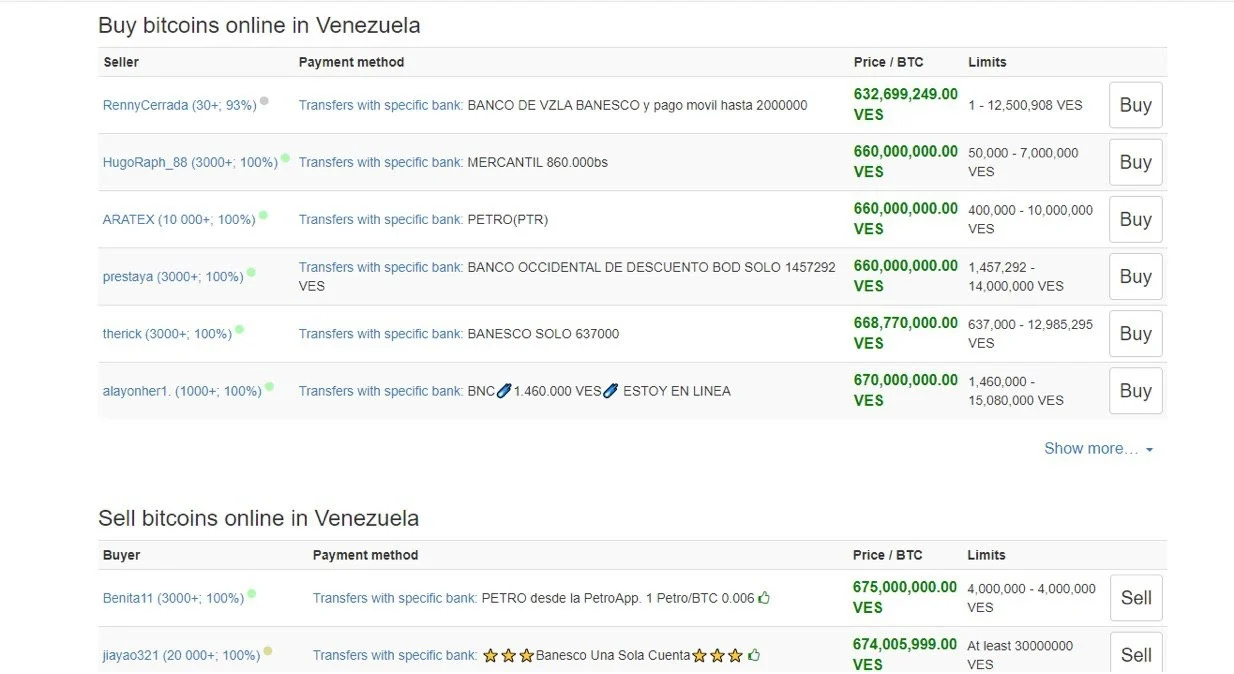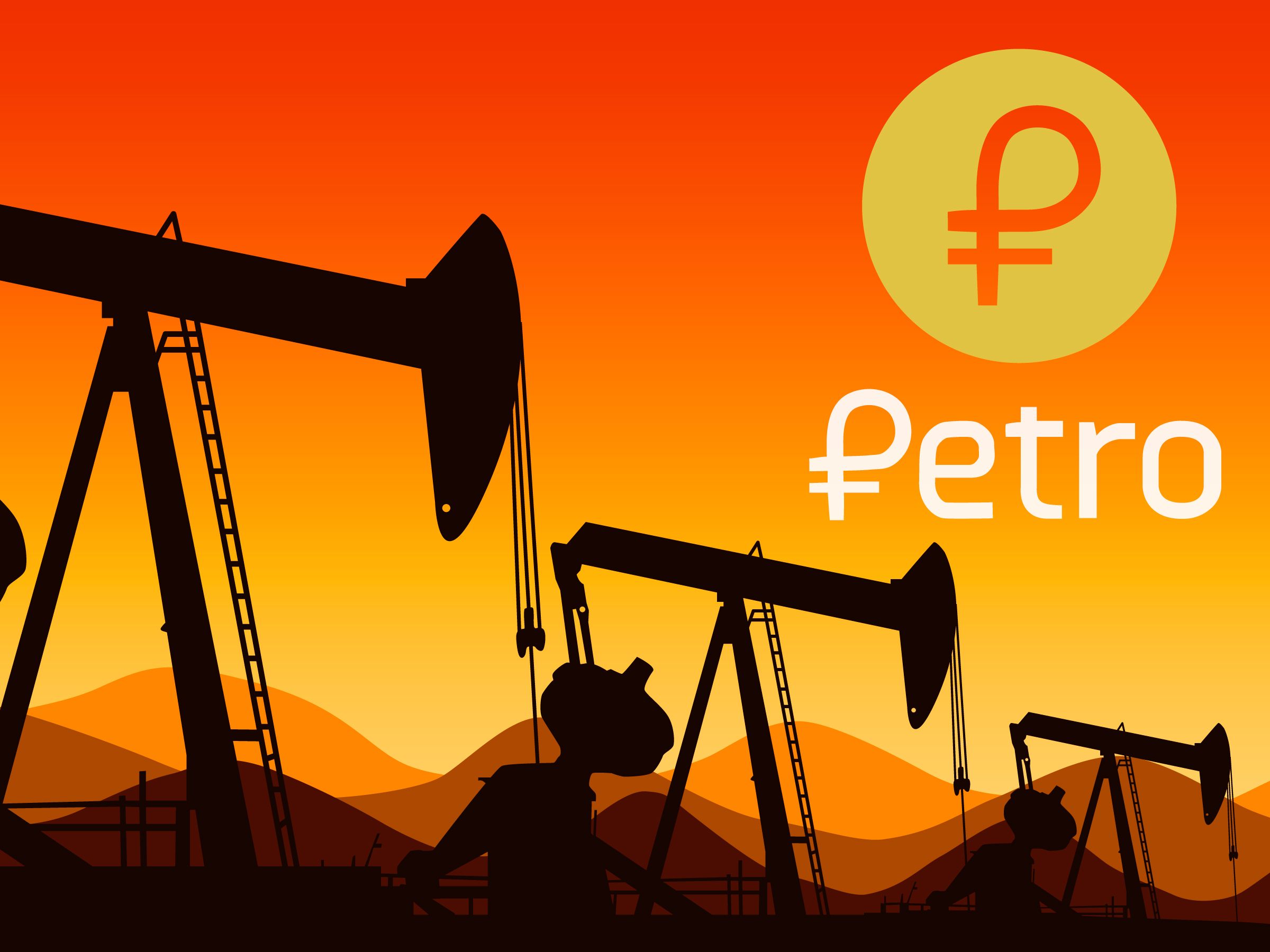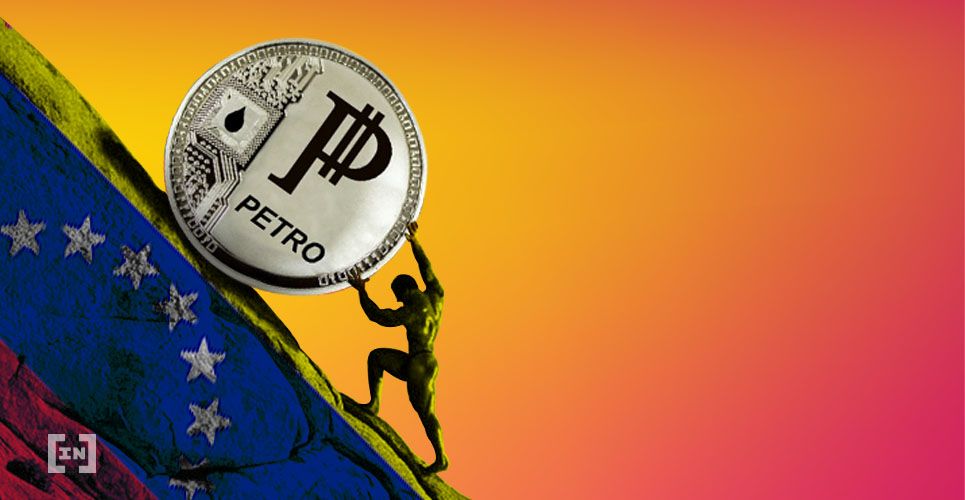The Venezuelan government has continued to promote the use of their national cryptocurrency, the Petro, by insisting that retailers accept it as payment. However, the token’s low value in the free market and a lack of demand put consumers and retailers at a disadvantage.
According to a May 1 Reddit post by a native Venezuelan, the Petro is experiencing severe problems. The currency in question is the state-issued cryptocurrency of Venezuela, which was introduced in 2018 by the government in a bid to combat economic hardship and hyperinflation caused by sanctions placed by the United States. The Petro is being valued at $60 by the government but is traded at less than $8 in the free market.
Maduro Has Been Aggressively Pushing the Petro
Ever since the Petro was introduced in 2018, Venezuelan President Nicolas Maduro has been aggressive in his promotion of the token. It is the only form of payment accepted for the procurement of a Venezuelan passport and in December 2019, tokens were airdropped to public workers. [CCN and El Universal] This was a way not only of dispersing holiday bonuses but also encouraging the use of the token and its official wallet, the PetroApp. After the payment of 0.5 Petros, businesses were required by the government to accept the token. Furthermore, an official exchange rate was dictated at almost $60 per Petro on the official government price calculator. Business owners then found themselves unable to get proper value for the Petro. Payouts for the tokens were given in bolivars, the official fiat currency of Venezuela. However, according to the Reddit post, this meant that businesses would be losing money due to the conversions.
They want to insist on Petro as a way of accepting in a non-direct way that the bolivars and their economy [are] a failure. Usually, they just use Petro as a way of saying 60 USD. So if they want to approve 6,000 USD for something, they just say 100 Petro, even when the final money will arrive in USD or bolivars. [It] is a way of accepting dollarization in a sideways.The government shows no signs of giving up on the Petro. On April 1, President Maduro announced that financial support would be given to doctors in the country, according to social media. One Petro would be given to each doctor in the country using the Patria system. On April 22, a similar announcement was made that the government would be distributing 650,000 Petro among farmers in the country as a source of economic relief. [runrun.es]
Venezuela Faces Many Economic Challenges
The distribution of Petro tokens highlights the economic challenges faced by Venezuela. The 0.5 Petro bonus given by the government is priced at $60 by the government and $8 by the free market. Both values are significantly higher than the average monthly wage in Venezuela, which is around $4. Ordinarily, a bonus of such an amount should be beneficial to citizens but has proved to be burdensome since it is paid in Petro and not bolivars. Citizens who receive Petro are unable to trade the tokens at a decent rate and cannot spend it because retailers do not accept it. Retailers, on the other hand, refuse Petros because suppliers do not accept it either. [The Next Web] And as a result, they cannot replenish their stock.
When asked about the public perception towards Petro, the Redditor said,
Ordinarily, a bonus of such an amount should be beneficial to citizens but has proved to be burdensome since it is paid in Petro and not bolivars. Citizens who receive Petro are unable to trade the tokens at a decent rate and cannot spend it because retailers do not accept it. Retailers, on the other hand, refuse Petros because suppliers do not accept it either. [The Next Web] And as a result, they cannot replenish their stock.
When asked about the public perception towards Petro, the Redditor said,
In December it was happiness, now it is frustration and deception.Venezuela as a whole has faced a slew of economic challenges in the last few years, many of which were caused by sanctions placed on them by the United States since 2014. [teleSUR] This has been further compounded by the drop in oil price this year, which saw global prices reach historic lows. [BBC] The increase in minimum wage ordered by President Maduro was the 11th one that took place in months, but Venezuelans still report economic hardship.
Cryptocurrency, Venezuela, and COVID-19
Venezuelans as a whole are not opposed to cryptocurrency. A number of popular retailers in the country such as Traki accept tokens like Bitcoin and ether. The opposition from consumers and merchants to Petro has more to do with its unstable exchange, the government’s insistence on overvaluing it and saddling Venezuelans with a currency they cannot use. There is some hope on the horizon, however, as Cryptolago, a Venezuelan cryptocurrency exchange, has announced a new text-based platform that will allow the processing of Petro transactions, according to Criptolago on Twitter. This could be a step towards making the token easier to use despite its low value in the market. 2020 has not seen a great deal of change for the token, according to the Redditor. While many cryptocurrencies and traditional investments saw a decline in value following the COVID-19 outbreak, Petro has mostly remained unchanged. [The Motley Fool] Nonetheless, life has become increasingly difficult for Venezuelans in light of the outbreak. Economic uncertainty continues to linger and the drop in oil price has made things worse. [Aljazeera]Disclaimer
In adherence to the Trust Project guidelines, BeInCrypto is committed to unbiased, transparent reporting. This news article aims to provide accurate, timely information. However, readers are advised to verify facts independently and consult with a professional before making any decisions based on this content. Please note that our Terms and Conditions, Privacy Policy, and Disclaimers have been updated.

Rahul Nambiampurath
Rahul Nambiampurath's cryptocurrency journey first began in 2014 when he stumbled upon Satoshi's Bitcoin whitepaper. With a bachelor's degree in Commerce and an MBA in Finance from Sikkim Manipal University, he was among the few that first recognized the sheer untapped potential of decentralized technologies. Since then, he has helped DeFi platforms like Balancer and Sidus Heroes — a web3 metaverse — as well as CEXs like Bitso (Mexico's biggest) and Overbit to reach new heights with his...
Rahul Nambiampurath's cryptocurrency journey first began in 2014 when he stumbled upon Satoshi's Bitcoin whitepaper. With a bachelor's degree in Commerce and an MBA in Finance from Sikkim Manipal University, he was among the few that first recognized the sheer untapped potential of decentralized technologies. Since then, he has helped DeFi platforms like Balancer and Sidus Heroes — a web3 metaverse — as well as CEXs like Bitso (Mexico's biggest) and Overbit to reach new heights with his...
READ FULL BIO
Sponsored
Sponsored

